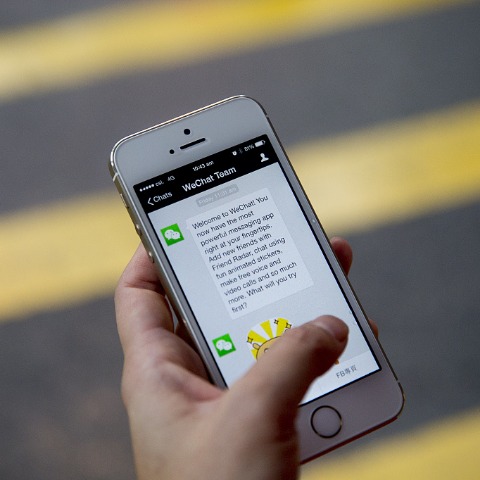


If you know what “LOL,” “BRB,” or “SMH” means, you are probably familiar with how people text in English. As you can see, how we text is a lot different from how we normally write or speak. Text language is heavy on abbreviations and tends to be a lot more casual. It’s almost like an entirely new language on its own!
We collected some of the most popular Chinese texting slang, abbreviations, and emojis for you to use the next time you text a Chinese-speaking friend. Enjoy your new texting vocabulary!
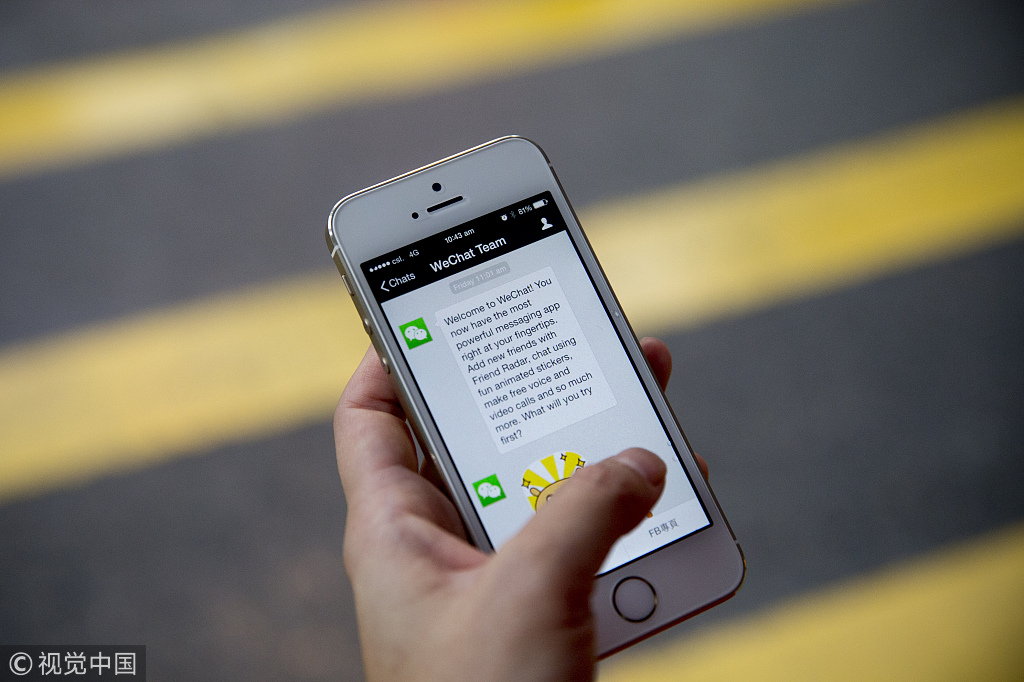
Practical Texting Language
在吗 (zài ma) - Are you there?
This is more useful for chatting in real time, when you want to see if the other person is online.
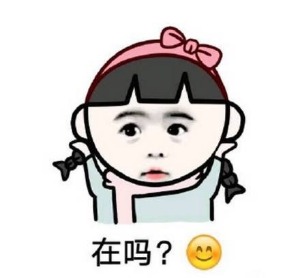
在忙 (zài máng) – I’m busy./Are you busy?
If someone asks you what you are up to, you can respond with 在忙 (zài máng) to tell them you are busy. Alternatively, “在忙 (zài máng)?” with the question mark means: “Are you busy?”
哈哈 (hā hā) - Haha/LOL
哈哈 (hā hā) is the most typically used characters to indicate laughter.
NOTE: You might be tempted to use 呵呵 (hē hē) instead, like the English "hehe". Although it has a similar meaning to 哈哈 (hā hā), nowadays in Chinese 呵呵 (hē hē) has an underlying tone of sarcasm or embarrassment.
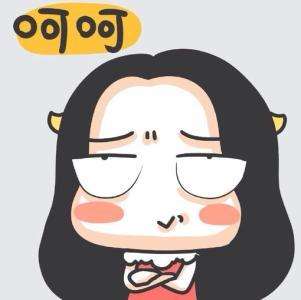
You could also use 嘻嘻 (xī xī), which indicates a more mischievous laughter.
么么哒 (me me da) - mua~
么么哒 is a cute mimetic word of a kissing sound, just like mua~ It is now used by teenagers and also adults in China to express one’s love and affection when they text a message or chat online. It is not only used between lovers but also with family and friends. Teenagers always use this symbol as a kiss too: >3333333
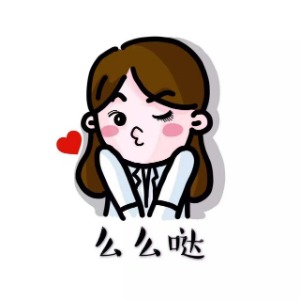
嗯/嗯嗯 (en en) - Ok
There are many ways to say “yes” in Chinese, and 嗯 (en) is the most casual one. It means that you just got what the other person said. If you want to make your tone more cute, you can reply with “嗯嗯”.
速回 (sù huí) - reply ASAP
This literally translates to “speedy return,” and is used to ask the reader to respond to (presumably the text before it) as promptly as they can.
回聊 (huí liáo) - ttyl
回聊 (huí liáo) means “chat with you next time,” and is used in the same way as the English “talk to you later/ttyl!”
Emojis
It is safe to say that when most Chinese locals “text,” they are most likely using 微信 (wēi xìn) - WeChat – China’s most popular messaging app.
One of the unique features of WeChat are the quirky stickers and emojis that people developed for the app. Similar to western memes, these emojis are deeply rooted in Chinese pop culture.
Here are a few hilarious WeChat emojis you might like:
也是醉了!(yě shì zuì le) - Are you kidding me?
The literal meaning of this expression is: being drunk. But now, it is used in Chinese to show how helpless one feels, and in situations where one has nothing to say or doesn’t understand. The slang meaning is therefore closer to “Are you kidding me?!”
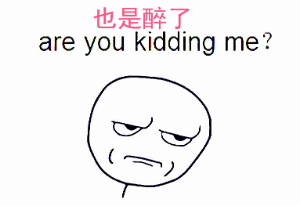
谢谢老板 (xiè xiè lǎo bǎn) - "Thank you boss!"
This one is used in response to a unique WeChat feature, 红包 (hóng bāo) - red envelopes.
In a group chat, a generous man may put out a number of virtual WeChat red envelopes containing real cash. The rest of the WeChat group members can claim one until the pre-set amount of cash runs out.
To say thank you to the red envelope sender, the receivers will send a “Thank you boss” emoji to the group.
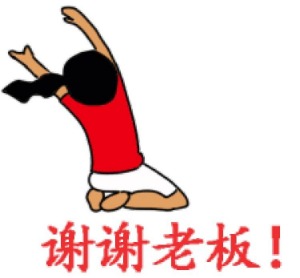
赞 (zàn) - Like
赞 (zàn) means “to approve,” but in the internet culture it has become the equivalent of the English “like” plus thumbs up.
Since WeChat does not have a “like” feature, people have created hundreds of cute and funny 赞 (zàn) stickers to compliment others with.
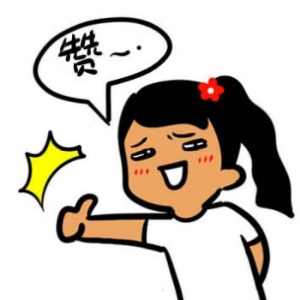
萌萌哒(méng méng da) - so cute
“萌” (méng) literally means “cute”, and “哒” (da) is a modal particle. The Chinese like to use a word twice to add emphasis to it. That’s why here “萌萌” actually means the same as “萌”.
It is generally used to describe someone who is especially cute and lovely. You can use this word to express someone is really cute or sometimes you can use it to make fun of yourself.
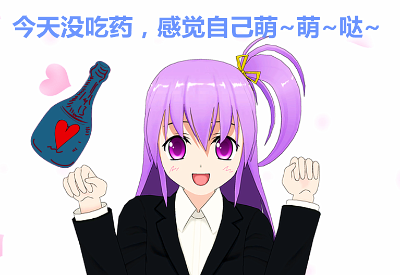
Number Abbreviations
88/886 - “Bye!”
The number eight, or 八 (bā), kind of sounds like the English “Bye!”. Therefore, “88” is often used to say “Bye bye!” A variation of “88” is “886,” - 八八六 (bā bā liù) which is supposed to sound like “Bye bye la,” since Chinese speakers often add a “啦 (la)” at the end of sentences.
555 - Crying
The number five, 五 (wǔ), sounds similar to 呜 (wū) - the Chinese onomatopoeia that imitates the sound of crying, like “Wah!” in English.
520 /520 1314 - I love you/I love you forever
五二零 (wǔ èr líng) sounds like 我爱你 (wǒ ài nǐ) - "I love you!"
A similar phrase is 五二零一三一四 (wǔ èr líng yī sān yī sì), which is a stand-in for 我爱你一生一世 (wǒ ài nǐ yī shēng yī shì). This literally means “I love you for all my life,” or “I love you forever.”
250 - idiot
250 is the numerical version of 二百五 (èr bǎi wǔ), a Chinese derogatory slang that loosely translates to “idiot".
Source: YoyoChinese, Ninchanese
Editor: Jade
If you have any problems with this article, please contact us at app@chinadaily.com.cn and we'll immediately get back to you.